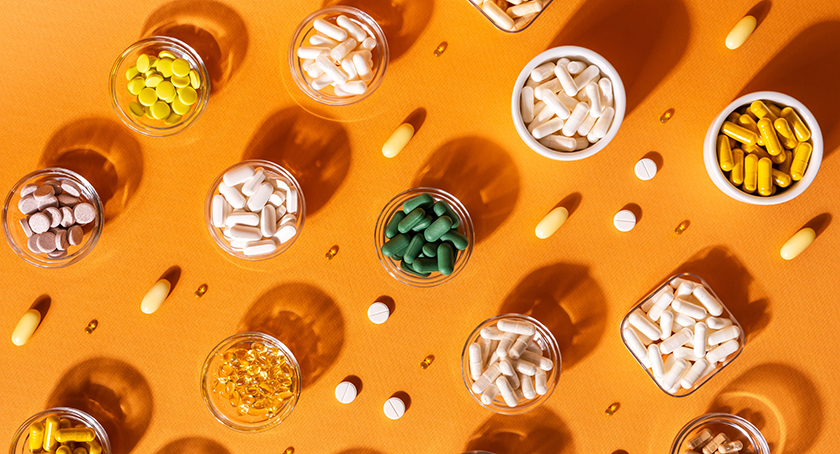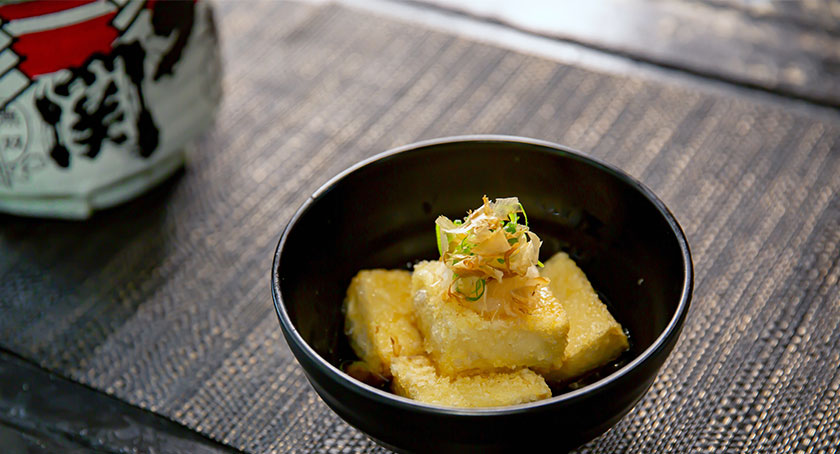Market Updates, Research
Herbal Extract Blend May Improve Cholesterol Levels
Participants who took Karallief’s Karaheart formula saw significant improvements in cholesterol profiles.

By: Mike Montemarano

An herbal formula consisting of several herbs popularized by Ayurveda, including Commiphora mukul, Allium sativum, Camelia sinensis, Trigonella foenumgraecum, Zingiber officinale, and Cinnamonium verum, was evidenced in a recent clinical study appearing in the International Journal of Basic & Clinical Pharmacology to improve cholesterol levels in a group of 100 patients with mild to moderately high cholesterol levels. The formula is marketed as KaraHeart by supplier Karallief.
In the randomized, placebo-controlled trial, the group of participants receiving 1,000 mg of the ingredient daily for 120 days saw on average:
– 22-point reductions in total cholesterol concentrations, compared to 11-point reductions seen in the placebo;
– A two-point increase in HDL cholesterol compared to a two-point decrease in the placebo group (with high-risk patients experiencing a five-point increase);
– 13-point reductions in LDL cholesterol compared to a three-point increase in the placebo group;
– A 37-point reduction in triglycerides, compared to no reduction in the placebo group;
– A 7-point decrease in VLDL cholesterol compared to no reduction in the placebo group;
– A 0.7-point reduction of total HDL-cholesterol ratio compared to no negligible reduction in the placebo group.
“We’re very excited about these clinical study findings, since a healthy heart is important for overall wellness and management of healthy cholesterol levels is very critical,” Krishna Rajendran, CEO of Karallief, said. “By showing how KaraHeart can have a measurable impact in managing healthy cholesterol and triglyceride levels, we are providing yet another clinically-tested herbal supplement to help foster healthy lives for individuals.”
“The therapeutic goal for treating hyperlipidemia and associated CVD is to manage the level of cholesterol in the blood,” the authors of the study concluded, noting the research being done in the nutrition space to develop a natural alternative to the cholesterol-lowering medications known as statins. “Karaheart, a synergistic herbal extract blend, helped manage cholesterol levels by normalizing lipid parameters. Karaheart did not alter the vital signs of any of the patients and did not cause any serious adverse side effects, making it a safe and effective treatment option for patients with mild to moderate hyperlipidemia.”




















